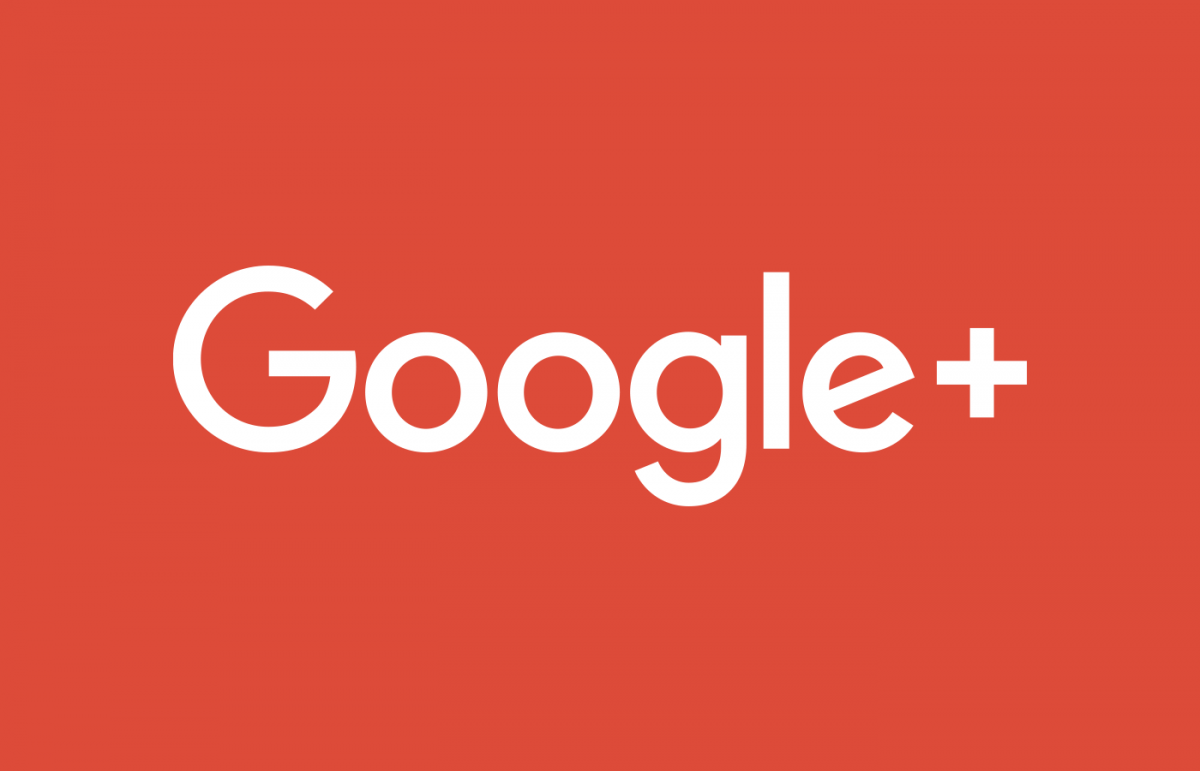Google+ was Google's attempt at building a social network, but it was finally shut down in April 2019 due to its unpopularity and API security problems. However, Google+ continued to live on for business accounts as 'Google Currents' in G Suite, where everyone in an organization or company could make posts and talk to each other. Google revealed on Thursday that Currents will go away soon, marking the official end of anything related to Google+.
Google wrote in a blog post on Thursday, "Last year, we introduced Spaces, a dedicated place for organizing people, topics, and projects in Google Workspace. Since launching Spaces, many customers have told us that they appreciate the tight integration with Google Workspace products, including Gmail, Calendar, Drive, and Meet, and the seamless collaboration experience. With Spaces now available, starting in 2023 we are planning to wind down Google Currents and bring remaining content and communities over to the new Spaces experience."
Google Currents is the business-only version of Google+, which used to be called "Google+ for G Suite" until April 2019 (coinciding with the shutdown of the public Google+). That's not to be confused with the older Google Currents, which was a magazine-reading app that was replace by Google Play Newsstand in 2013. Google Spaces is a continuation of the 'Rooms' feature in Google Chat (which itself used to be Google Hangouts), allowing anyone in the same business or organization to create a shared portal for an idea, event, or other topic. It's sort of like a cross between a social network and Discord/IRC, but for internal company use.
Google says it will add a few new features to Spaces before Currents shuts down next year. The blog post continued with, "we’ll deliver new capabilities in Spaces to help you communicate and collaborate more effectively. These include support for larger communities and leadership communication, investments in advanced search, tools for content moderation, and more. We’re also investing in search and discoverability, platform capabilities for app development, and enterprise-grade security and compliance, including data protection, data loss prevention (DLP) and Vault support."


